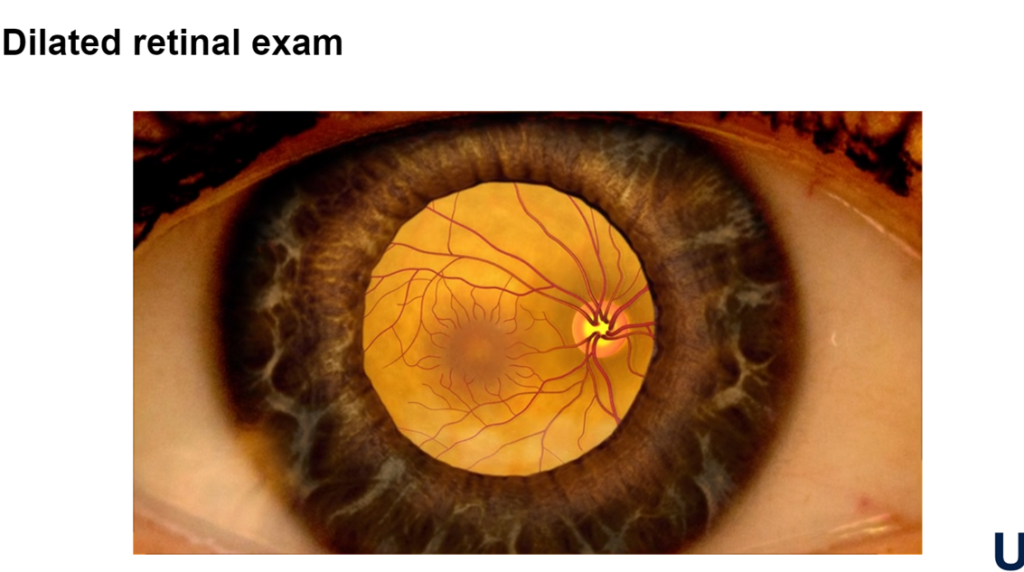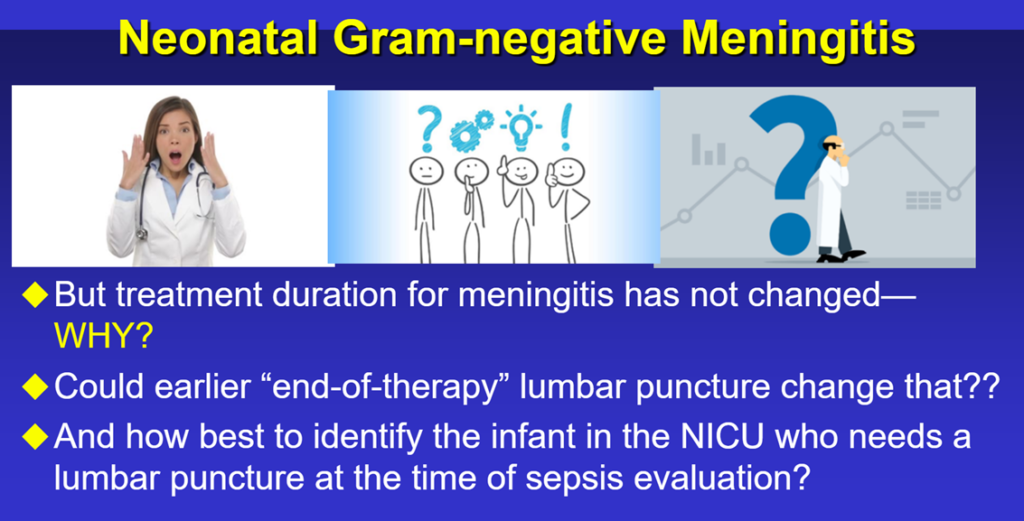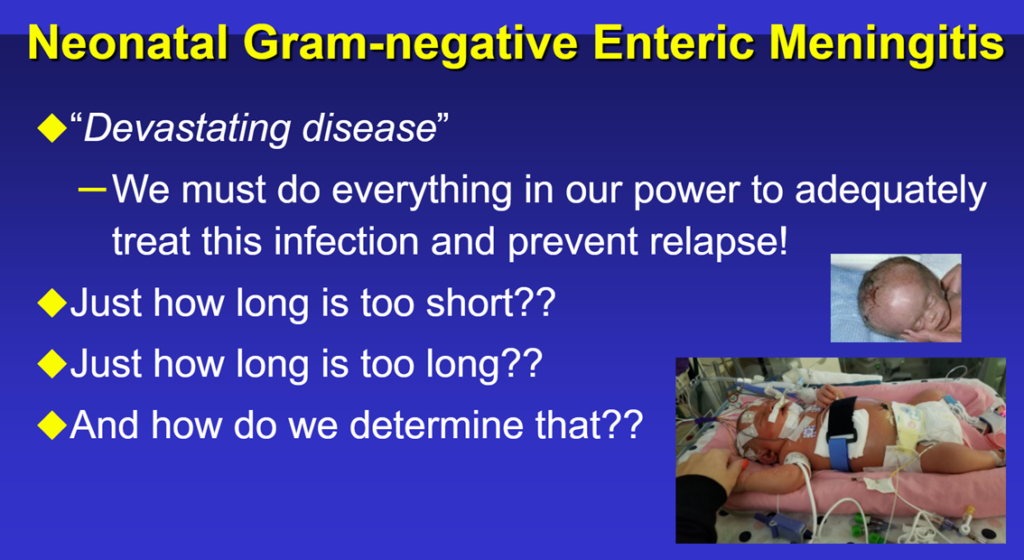IDweek2023 | Unveiling the Future of HIV Care: An In-Depth Analysis of Dr. Michelle Cespedes’ Presentation
IDweek2023Unveiling the Future of HIV Care: An In-Depth Analysis of Dr. Michelle Cespedes' Presentation
HIV/AIDS remains a significant global health issue, despite advancements in treatment and prevention methods. At the forefront of these advancements is Dr. Michelle Cespedes, a distinguished Professor of Medicine and Director of HIV Service at Mount Sinai Hospital. In her presentation during the ID Week, Dr. Cespedes presented a comprehensive overview of HIV care, discussing new data that could shape the future direction of HIV care. This article aims to provide an in-depth analysis of her presentation, focusing on the key takeaways and their implications for HIV care.








